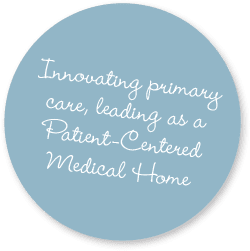The Human Papillomavirus (HPV) is a group of over 150 viruses which may be spread through open-mouth kissing, intimate skin-to-skin contact, and direct sexual contact. In fact, it’s the most common sexually transmitted disease in the U.S. One way to ensure staying HPV-free is vaccination. It’s recommended and highly-effective to be administered to kids ages 11-13 before they’ve been exposed to the virus.
Did you know?
- 80% of Americans have had an HPV infection in their lifetime
- 79 million Americans currently infected
- 31,200 cases of cancer could be prevented by the HPV vaccine
While some high-risk types of the HPV virus can lead to certain cancers, including throat and cervical cancers, and low-risk types can cause genital warts, 90% of cases will clear on their own. This is largely in part to a healthy, functioning immune system!
Keep your immune system healthy:
- Exercise
- Sleep more
- Minimize stress
- Don’t smoke
- Eat vegetables + fruit
*It is still suggested to be vaccinated since the vaccine doesn’t protect from all types of HPV.
If you have any questions about HPV or the vaccine, please call DFD today at 207-524-3501 to schedule an appointment.



